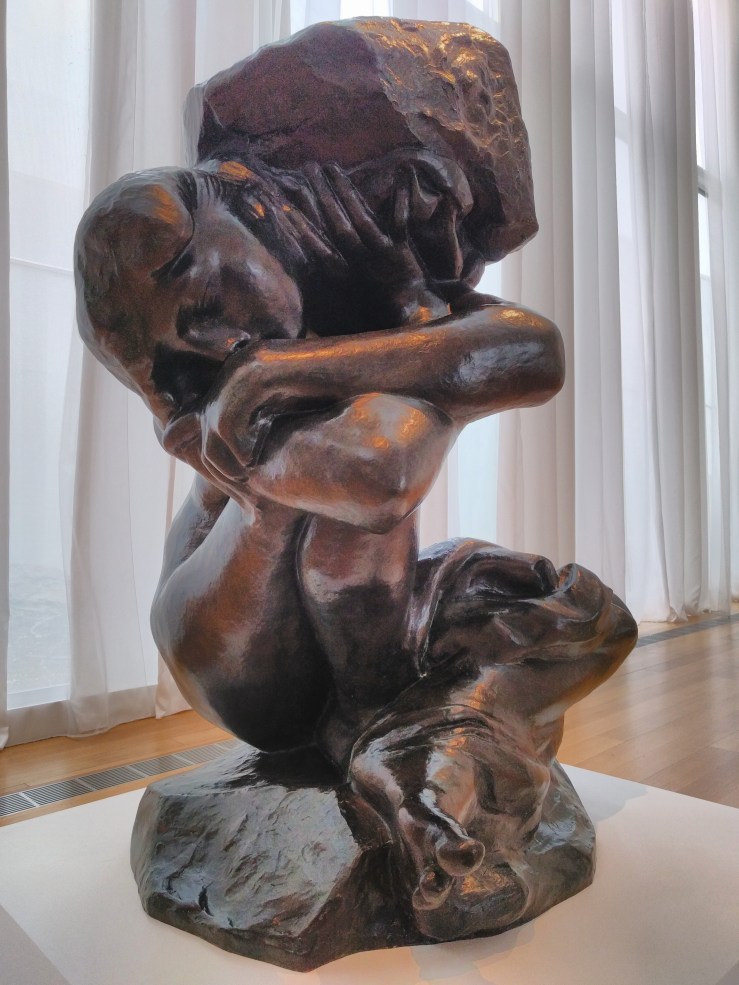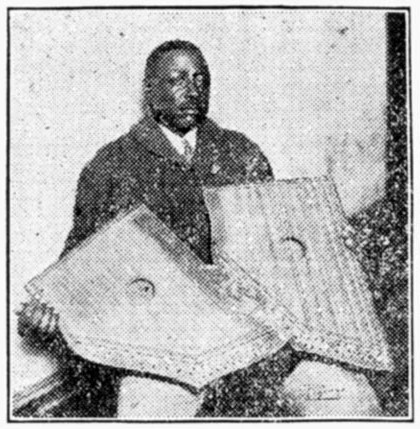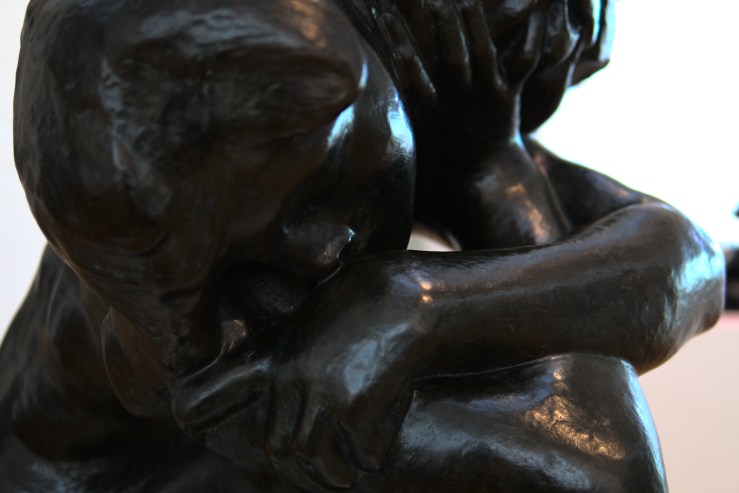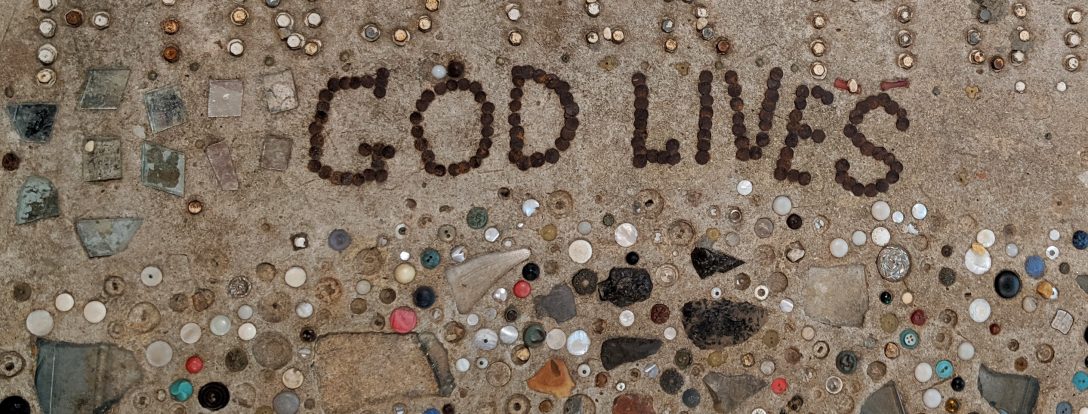
Cast your burden on the LORD,
and he will sustain you;
he will never permit
the righteous to be moved.—Psalm 55:22
Cast all your anxiety on him, because he cares for you.
—1 Peter 5:7
Whatever form our anxiety takes, it’s a burden that Sunday’s lectionary reading calls us to relinquish at the feet of God. (Note: To the assigned reading from 1 Peter, I’ve added a similar verse from Psalm 55.)
+++
SONG: “Take Your Burden to the Lord and Leave It There” by Charles A. Tindley, 1916 | Recorded by Washington Phillips on December 2, 1927, and released January 1928; reissued by Dust-to-Digital on Washington Phillips and His Manzarene Dreams, 2017
One of the founding fathers of American gospel music, Charles A. Tindley [previously] wrote “Take Your Burden to the Lord and Leave It There” in 1916. It started making the rounds in black churches, and gospel-blues artists and guitar evangelists began recording it for big-city record labels, who would send representatives around the country to collect and record “race music” to then press into 78s to market to African Americans.
One of the earliest recordings of “Burden” is by Washington Phillips (1880–1954), a singing farmer-preacher from Simsboro, East Texas; it’s one of eighteen sides he recorded for Columbia Records from 1927 to 1929. He sings it to his own “novelty accompaniment,” as Columbia credited it—a custom instrument he built by reconfiguring two fretless zithers, restringing them and giving them a unique tuning pattern. He played it with both hands and called it a Manzarene, according to a recently discovered Teague Chronicle article from 1907. Musicologists have marveled at the flowing, harp-like sounds his invention enabled and have been unable to reproduce it with any kind of exactness.

Phillips’ “Burden” has since been reissued by several labels, but the best-quality reissue is Dust-to-Digital’s from 2016. The sixteen-track CD comes with a small seventy-six-page hardcover containing photographs, news clippings, ads, recording contracts and other documents, lyrics, and biographical and instrumentation information by the world’s premier Phillips researcher, Michael Corcoran. The extensive liner notes open thus:
The mystery of Washington Phillips begins the first time you hear his sweetly-sung Christian blues, bathed in a celestial haze of notes from an instrument that sounds like a child’s music box. His music is a simple prayer, with the blessing in the asking, the singing, the playing. But his ethereal sound is also highly developed to the point of being almost psychedelic. Where did this strange and moving music come from?
Having interviewed former neighbors and living relatives in Freestone County and combed through archives, Corcoran corrects a lot of misinformation about Wash Phillips, some based on his being confused with his cousin of the same name, who died in a mental institution in 1938, and one persistent myth—that his instrument was a dolceola (a keyboard-activated board zither)—stemming from a misidentification in the liner notes of the Dutch label Agram’s 1984 compilation. I’m constantly impressed by what Dust-to-Digital puts out, and I can’t recommend this product enough.
Though Phillips’ is probably the best known, the song has many other covers as well, sometimes released under abbreviated titles like “Take Your Burden [or Burdens] to the Lord” or “Leave It There.” Blind Joe Taggart recorded the song in 1926. The late twenties through forties also saw recordings by Snowball and Sunshine, the Pace Jubilee Singers, Blind Willie Johnson, Blind Roosevelt Graves, the Golden Gate Quartet, and others, each with their own distinctive interpretation.
The Blind Boys of Alabama recorded the song in 1974, and a much different version in 2013. It’s also part of the Gaither repertoire.
Lately I’ve been seeing an uptick of interest from indie-folk artists. Just last month Wilder Adkins released it as a single.
In 2015 the Dutch-based nonprofit The Influences filmed Phil Cook, a phenomenal guitarist, performing a similar rendition (it is one of two songs he chose to represent his musical influences):
Found Wandering also has a great version up on YouTube, with Sarah Comstock on vocals, accompanied by guitar and fiddle:
For a select list of other covers, click here.

This post belongs to the weekly series Artful Devotion. If you can’t view the music player in your email or RSS reader, try opening the post in your browser.
To view all the Revised Common Lectionary scripture readings for the Seventh Sunday of Easter, cycle A, click here.
